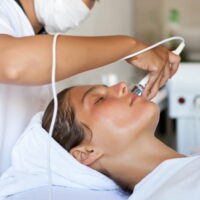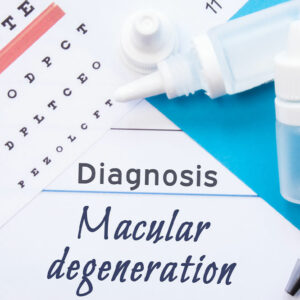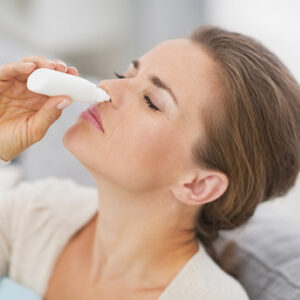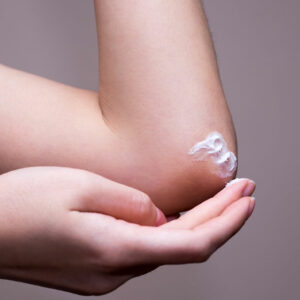
9 things that Medicare doesn’t cover
Medicare is a great way to cover the health needs of senior citizens in the country. There are many parts to this insurance plan, and while it is an extensively detailed policy with numerous services, there are some things that Medicare does not cover. Anyone planning to enroll in the program should know of the exclusions so there are no surprises later. Thus, here are 9 aspects of healthcare not covered by Medicare. Hearing aids Any ear-related health conditions are covered under Medicare; however, the Medicare or Medigap plans do not cover hearing tests or hearing aid purchases under their plan. If one has a Medicare Advantage plan, cone can check the policy details to see if it has covered hearing-related health needs. The original Medicare does not cover this need, so it is usually advised to buy another insurance that will help in covering hearing devices. Some programs by the government assist those in need with buying hearing aids for health purposes; one can check those out for further assistance. Routine eye checkups or aids Medicare covers intensive care options like cataract surgery but does not cover routine eye examinations. It also excludes coverage for purchasing contact lenses or glasses.
Read More. 














